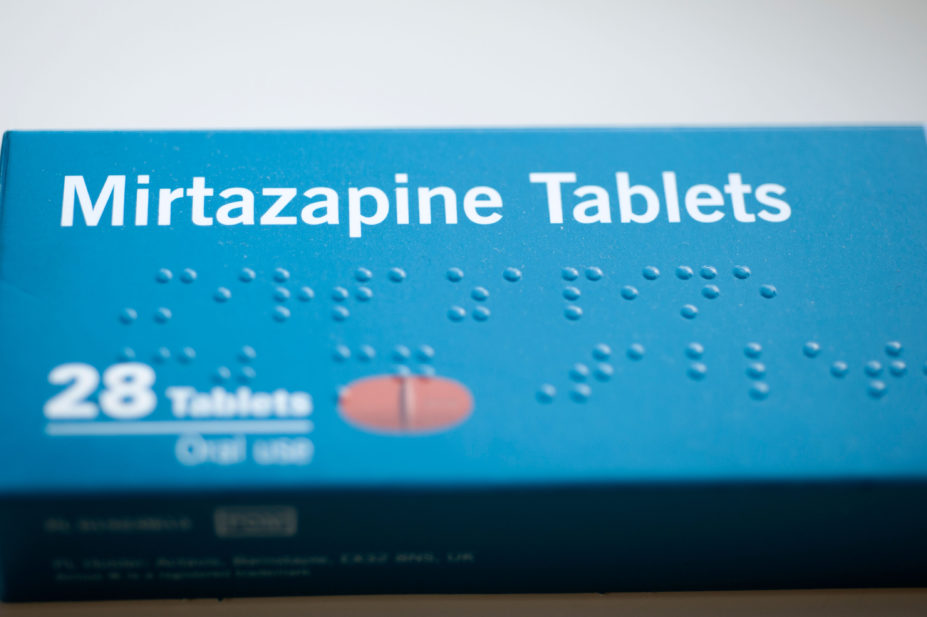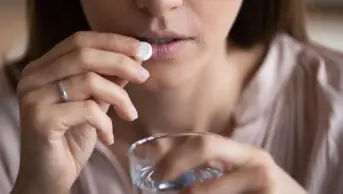
GeoPic / Alamy Stock Photo
Combination therapy involving a presynapticα2-autoreceptor antagonist, such as mirtazapine, may be an effective and safe treatment option for patients with severe depression, a systematic review and meta-analysis in JAMA Psychiatry has concluded.
Published on 16 February 2022, the meta-analysis looked at 39 randomised clinical trials, comprising 6,751 patients, comparing combinations of antidepressants with antidepressant monotherapy in adults with acute depression.
The researchers found that combination treatment was statistically significantly associated with superior treatment outcomes, compared to monotherapy (standardised mean difference [SMD] 0.31; 95% confidence interval [CI] 0.19–0.44).
Overall, combining a reuptake inhibitor, such as a selective serotonin reuptake inhibitor (SSRI), with a pre-synaptic α2-autoreceptor antagonist, such as mianserin, mirtazapine or trazodone, was superior to other combinations (SMD 0.37; 95% CI 0.19-0.55).
However, combinations involving the antidepressant bupropion were not superior to monotherapy (SMD 0.10; 95% CI -0.07 to 0.27).
“Combining antidepressants was associated with superior treatment outcomes but not with more patients dropping out of treatment,” the authors concluded.
“Combinations using an antagonist of presynaptic α2-autoreceptors may be preferable and may be applied as a first-line treatment in severe cases of depression and for patients considered non-responders.”
David Taylor, director of pharmacy and pathology at the Maudsley Hospital, London, and professor of psychopharmacology at King’s College London, said that the analysis findings supported the use of combination antidepressants in non-responsive depression.
“Combinations [of antidepressants] are currently widely used so this information will probably not change practice. However, the researchers note that combinations that include an antagonist of presynaptic α2-autoreceptors (mianserin, mirtazapine and trazodone) may have a particular benefit.
“These three drugs share other properties besides α2 antagonism — they are all H1 antagonists, for example,” he explained.
“One possible explanation for their unique benefit is the sedative effects that H1 antagonism confers.”
In November 2021, the National Institute for Health and Care Excellence published its first new guideline in 12 years on the management of depression in adults.
In the guideline, which is still in draft form, it says that for patients with moderate and severe depression, there was “good evidence” for the effectiveness and cost-effectiveness of antidepressants, and for the effectiveness of cognitive behavioural therapy combined with antidepressants.
However, it states that mirtazapine should not be included as a first-line option but be reserved for use for further-line treatment.
It recommends mirtazapine or an SSRI, alone or in combination with psychological therapy, in cases where a person’s depression has had no, or a limited, response to treatment with psychological therapy alone and where “no obvious cause can be found”.
Read more: Antidepressants should not be routinely offered to patients with ‘less severe’ depression, NICE says


